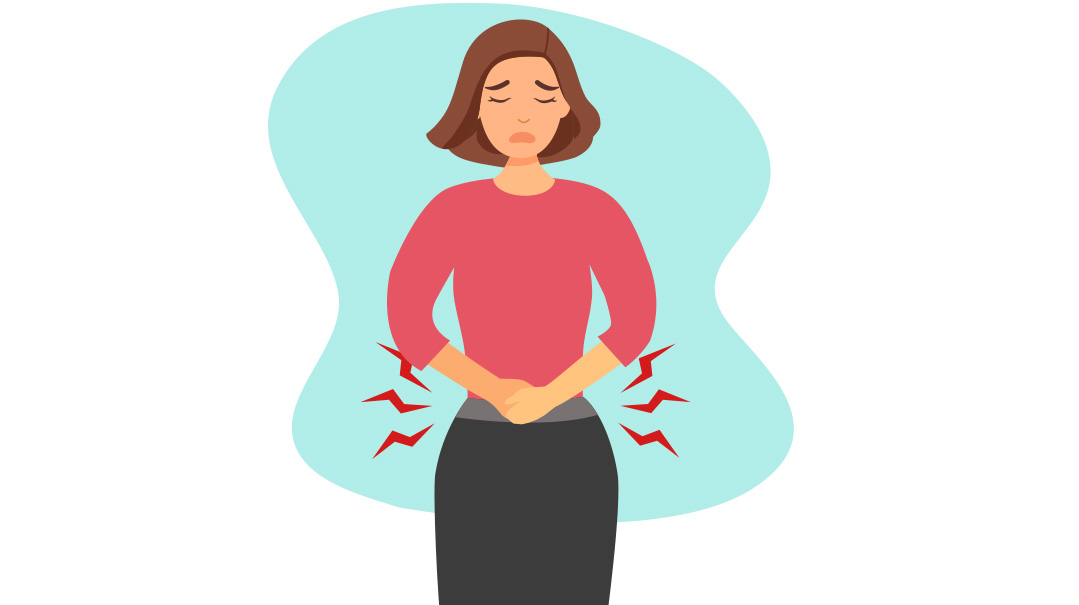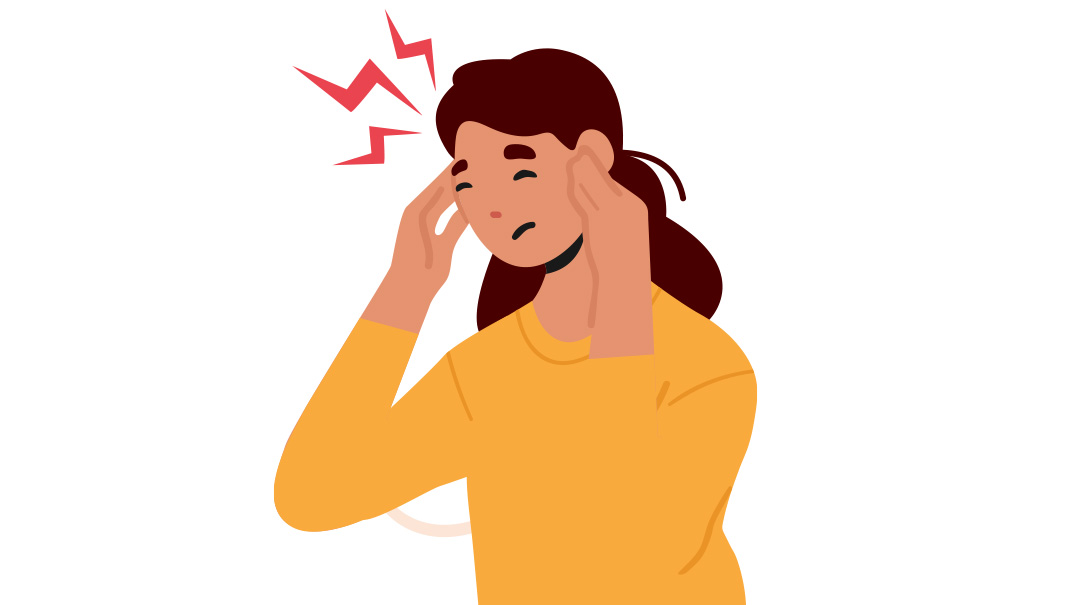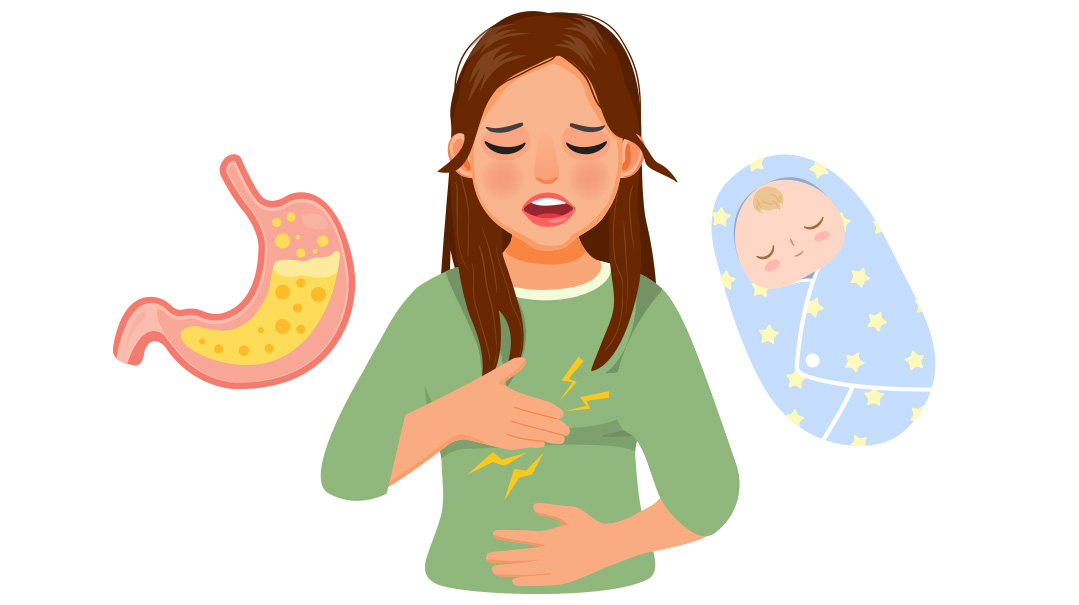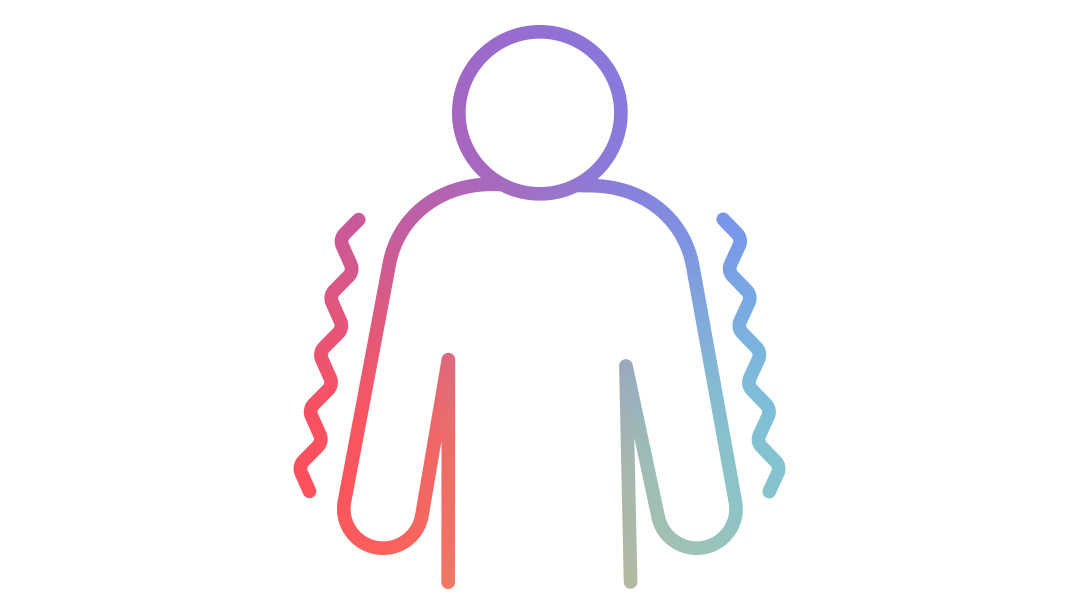Donating Blood
| December 20, 2022Did you know that each donation can potentially save three separate lives?
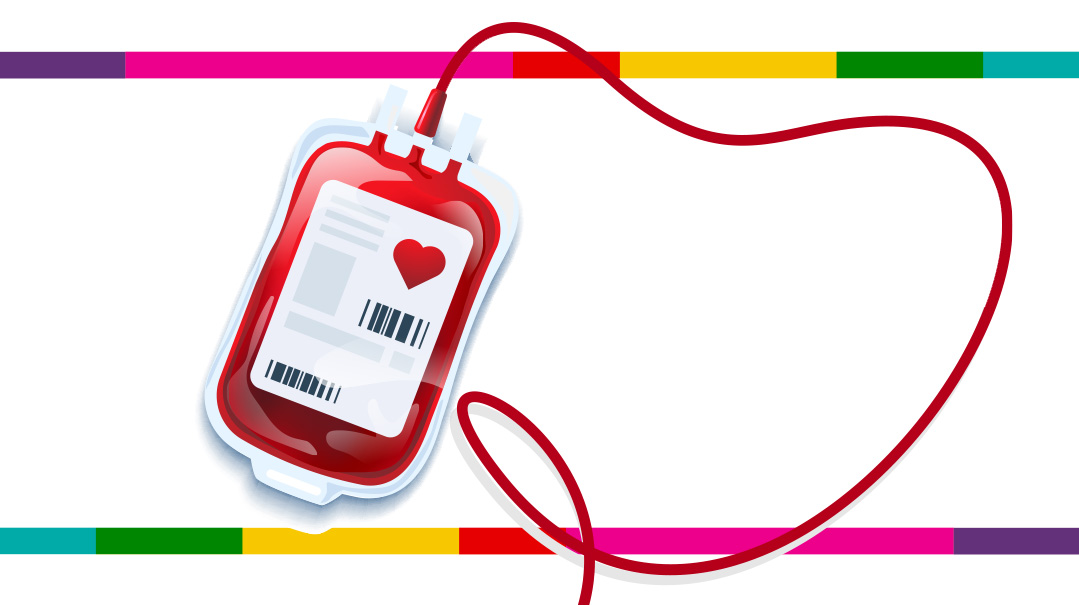
Be a Blood Donor!
Yes, you can save lives! Did you know that each donation can potentially save three separate lives? And if you live in Eretz Yisrael, chances are very high that you’ll be saving other Yidden.
You might be just a teen, but by giving blood, you can actually make a huge difference to someone else.
Why Donate?
The American Red Cross says that there is a 97 percent chance that someone you know will need a blood transfusion during their life. The stark truth is that blood cannot be manufactured in a lab. Without healthy human donors, many people would lose their lives.
Patients may need to receive blood transfusions during or after surgery, while undergoing treatment for serious illnesses (including cancer), following accidents and severe injuries, and to treat certain conditions, like blood disorders.
People of any age can require a blood transfusion — from tiny newborn babies to the very elderly, and everyone in between. But not everyone can donate blood.
How Do I Donate?
Firstly, you need to fulfill some basic criteria. These rules are to ensure your own safety, as well as the health and safety of the recipient.
Most blood banks require that you be over 17 years old — but many will allow you to donate blood from age 16, with parental permission. You will need to weigh at least 110 pounds (that ensures that you have enough blood to share). Also, you need to be healthy — never donate if you’re not feeling well. Many blood banks screen donors for anemia, as anemic individuals are not good donor candidates. Lastly, you need to wait a certain amount of time between donations — 56 days is the usual minimum.
You might be able to donate blood at a hospital, a blood bank, or at the American Red Cross. In Israel, MADA makes frequent blood drives. They come to your community and make it easy and convenient to donate.
After you fill out a questionnaire, which, again, helps to protect both you and the recipient, you will be asked several questions by a staff member. It’s important to answer honestly and fully, and give any requested information about your general health, travel, recent infections, dental work, and any medications you might be taking.
Some of your vital signs will then be checked — you might have your temperature, blood pressure and pulse taken, and a quick finger-prick to check for anemia. If anything is concerning — like a lingering headache or a medication you took recently — you won’t be allowed to donate. If everything checks out, you’re good to go!
For the actual donation, you’ll be either sitting or lying down. The procedure itself is very similar to a blood test, it just takes longer. You can talk or read during your donation. When you’re done, get up slowly to avoid feeling nauseous or dizzy. Rest for a while before going home, and tell the staff immediately if you feel light-headed or unwell in any way. Generally, these feelings pass quickly. You’ll soon be on your way home, knowing you’ve helped save lives.
DID YOU KNOW?
A single accident victim might need as many as 100 pints of blood!
On the day of your donation, drink lots of water, especially right before and right after you donate. Eat healthy food, don’t donate on an empty stomach, and have a snack after you donate.
(Originally featured in Teen Pages, Issue 941)
Oops! We could not locate your form.

